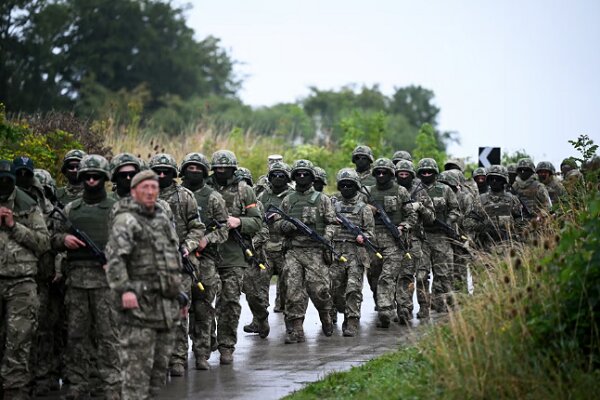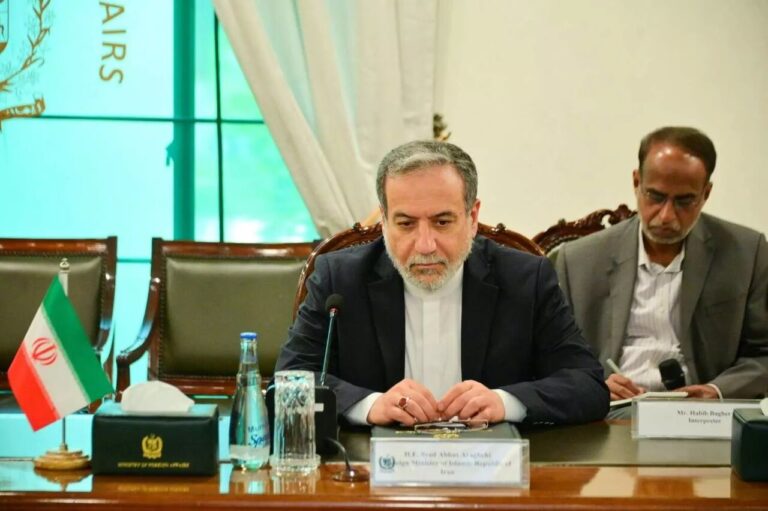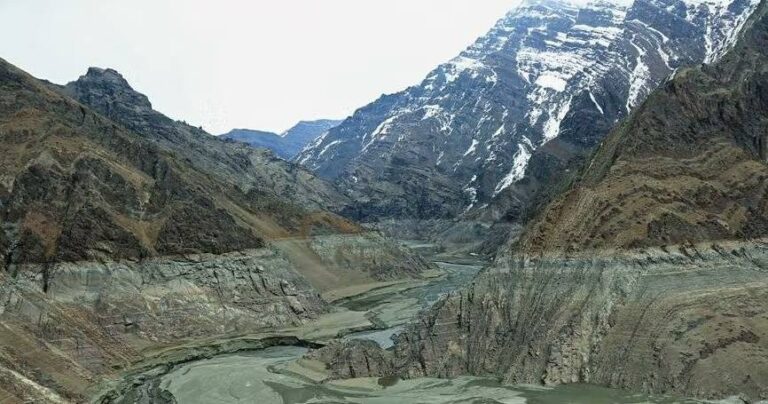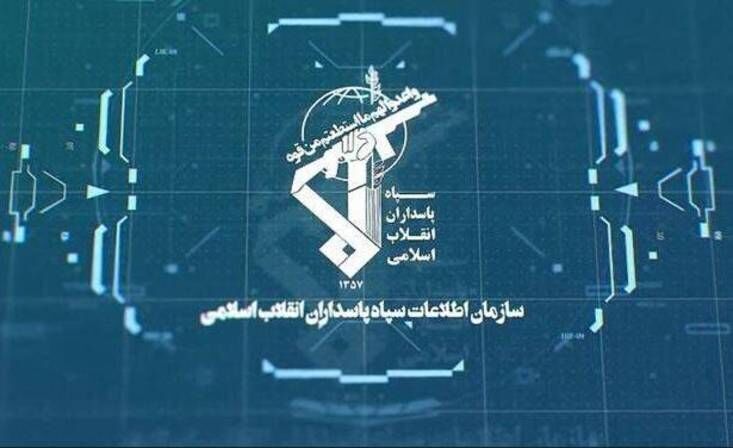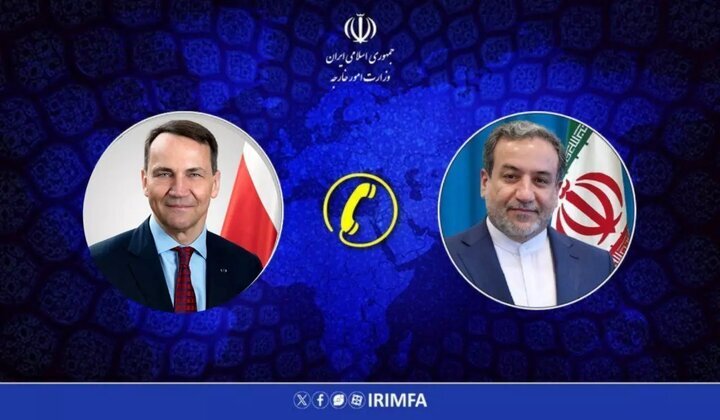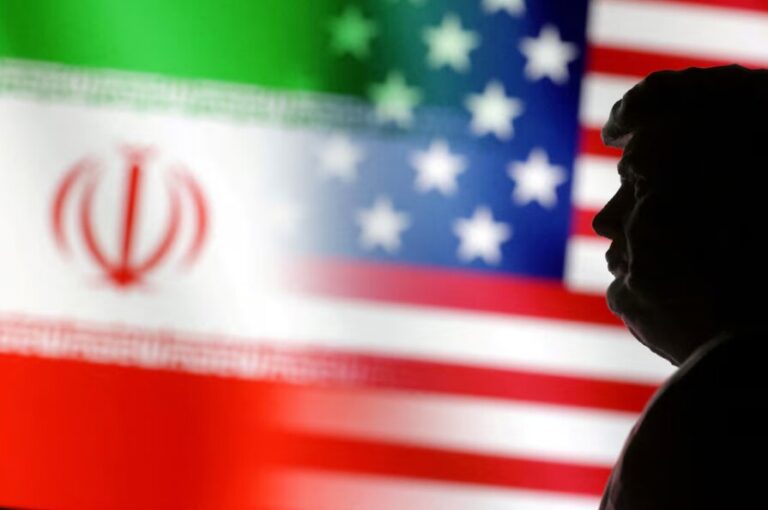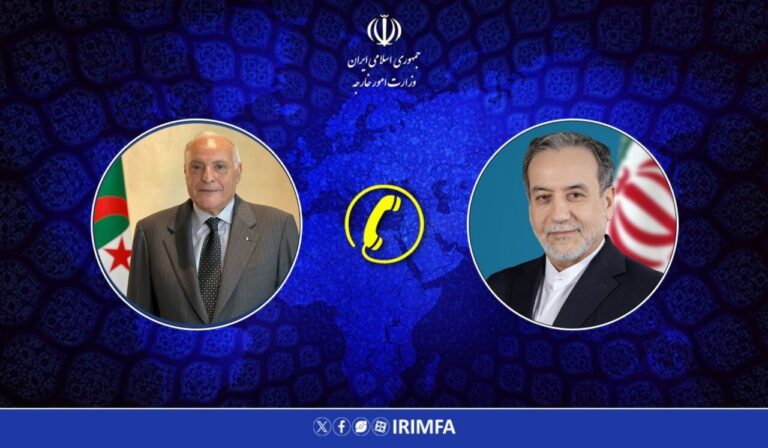EU Faces Split Over Deployment of Western Troops in Ukraine, Reports Reveal
In a complex geopolitical landscape, the idea of a peacekeeping mission in Ukraine has sparked intense debate among European nations. The situation remains fluid as various countries weigh the implications of such a deployment. Concerns about NATO’s focus and resources, especially from the Baltic states and Poland, have emerged in light of upcoming elections in Germany.
The ongoing conflict in Ukraine has prompted discussions about a potential Western peacekeeping mission, but the proposal faces significant challenges. Here are some key points regarding the current situation:
- Germany’s Opposition: Berlin has expressed reservations about committing to a peacekeeping mission ahead of its February elections. The Times has cited various military and diplomatic sources highlighting this reluctance.
- Concerns from Eastern Europe: The Baltic states and Poland, who have been staunch supporters of Ukraine, fear that a deployment could distract NATO from their defense needs, leaving them vulnerable.
- Supporters of the Mission: The UK, France, and Nordic countries have emerged as vocal advocates for a Western-led peacekeeping operation. However, there is a consensus among them that the mission would falter without the involvement of the United States.
- US Role: A European diplomatic source indicated that US participation is deemed essential due to its unique capabilities, such as the ability to respond at scale. This critical support is seen as lacking among European nations.
- Ukrainian Demands: Ukrainian President Volodymyr Zelensky’s recent demand for a minimum of 200,000 peacekeepers has raised eyebrows among Kyiv’s European allies, who are concerned that the EU alone would struggle to meet such a requirement.
- Russia’s Rejection: Moscow has consistently opposed the idea of Western-led peacekeepers in Ukraine, with senior Russian diplomat Rodion Miroshnik warning that any foreign military force entering Ukraine without Russia’s consent would be considered a legitimate target.
- Potential Threats: A large-scale NATO troop deployment could be perceived as a significant threat by the Kremlin, potentially leading to another wave of mobilization, according to Aleksey Zhuravlev, the First Deputy Chairman of the Russian State Duma Defense Committee.
- Alternative Solutions: Some EU officials are advocating for a non-Western UN peacekeeping force composed of troops from neutral countries such as India, Bangladesh, or China. They argue this approach would not necessitate US involvement and could be more palatable to Moscow.
- Current Diplomatic Stalemate: Kremlin spokesman Dmitry Peskov has stated that discussions around deploying peacekeepers are currently irrelevant, particularly after Zelensky signed a law prohibiting negotiations with the current Russian leadership.
- Concerns of Occupation: Russia’s Foreign Intelligence Service has warned that the West could use peacekeepers as a pretext to occupy Ukraine, which could lead to further tensions with Moscow.
The evolving narrative surrounding peacekeeping in Ukraine underscores the delicate balance of international relations, national security, and the complexities of European defense strategies. As countries consider their positions, the potential for a peacekeeping mission remains uncertain, fraught with political implications and the overarching need for strategic partnerships.
In conclusion, while the call for a peacekeeping mission in Ukraine garners support from several Western nations, significant hurdles remain. Key players must navigate complex political landscapes and international relations that influence the feasibility of such an initiative. The situation continues to develop, and the need for diplomatic engagement and strategic decision-making is more pressing than ever.
